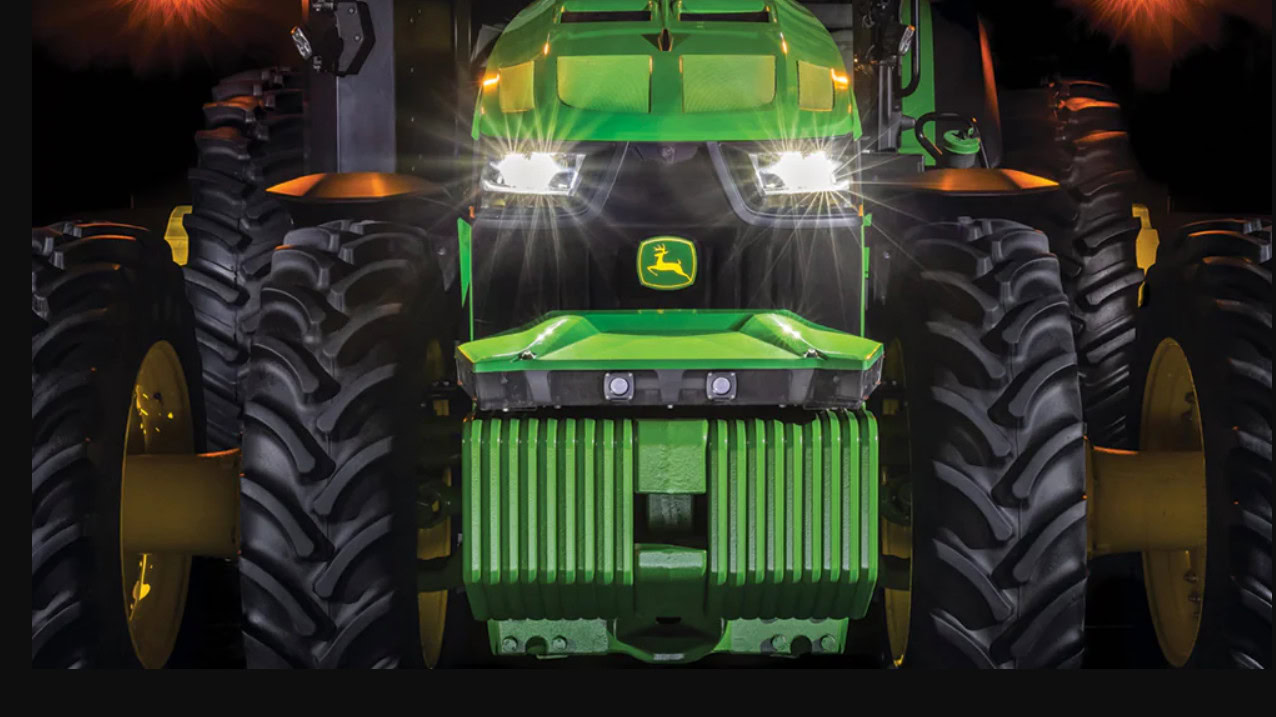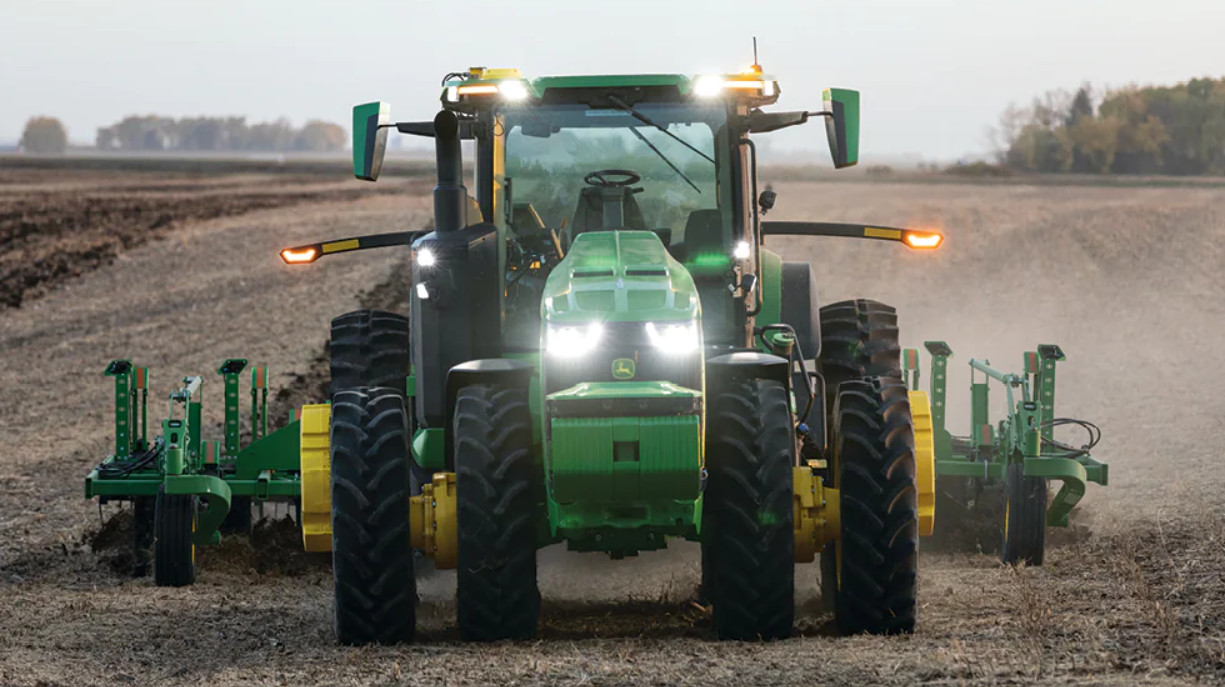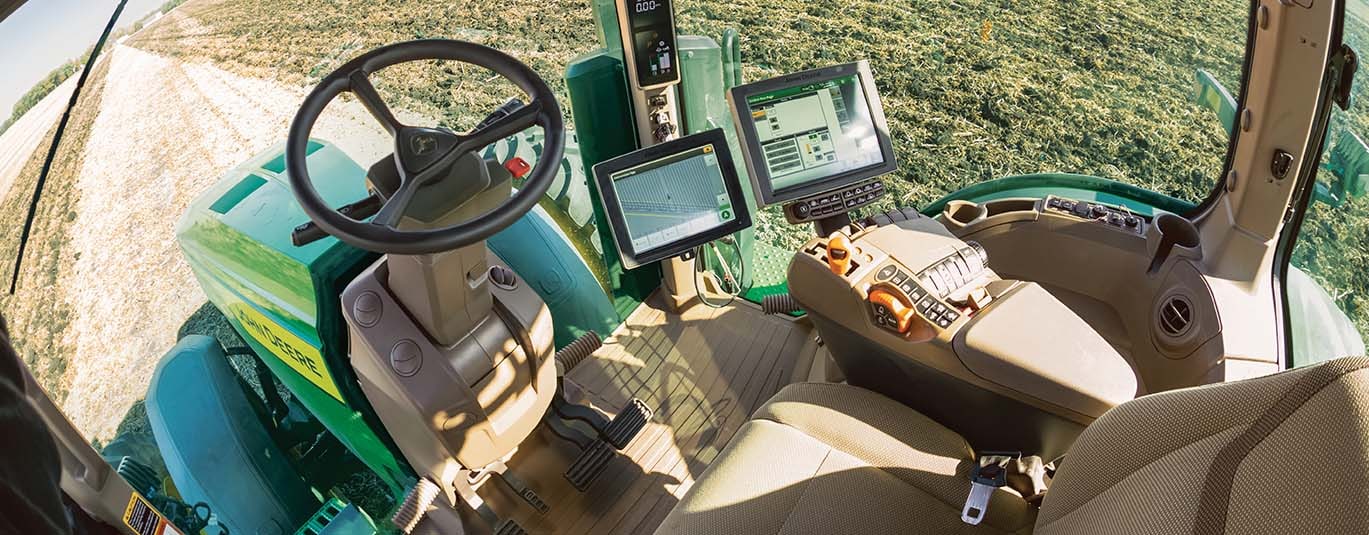Affiliate links on Android Authority may earn us a commission. Learn more.
Blue River Technology interview: Autonomous farming is the future
Published onJanuary 7, 2023
At CES 2023, we had the pleasure of talking to Willy Pell, the Vice President of Autonomy and New Ventures over at Blue River Technology. The company is focused on developing an autonomous driving system for tractors as well as other autonomous farming solutions.
Mr. Pell shared a lot of interesting things with us including details on how the autonomous system works, what kind of laws and regulations the company had to deal with, as well as how much attention he’s paying to the competition.
You can read a brief overview of the interview below or check out the whole thing in the video above.
Read next: CES 2023 — The best from the world’s largest tech show
Q: Most of our audience isn’t very familiar with Blue River Technology. Would you give us a brief overview of the company and explain how it’s associated with John Deere?
A: Blue River Technology was initially a Silicon Valley startup that was founded around 10 years ago. We were an independent company for the first five years or so, but we then joined forces with John Deere and became its subsidiary.
The original mission of Blue River Technology was to make rivers blue again. We wanted to achieve this by using cameras and technology on agricultural sprayers to make sure they only spray the weeds and not the crops. This is different than the way agricultural sprayers work at the moment, as they drive across the field and spray the entire thing.
We wanted to make the entire process better for the environment.
By using computer vision machine learning and robotics, we thought there was a way to save farmers money on chemicals and make the entire process better for the environment. Because if you have too much agricultural runoff, it can damage our rivers.
When we joined forces with John Deere, we also launched a new product not planned initially, which is a system for autonomous driving designed for tractors.
Q: The autonomous driving system is what we’d like to hear more about. Is it fully autonomous, meaning it doesn’t require a driver/operator at all — not even a remote one?
A: In general, the answer is yes. A farmer takes a machine to the field and they effectively set it and forget it. So they turn it on, and the tractor will drive for 12 hours doing its work while the farmer can go and do other things instead.
If the autonomous system detects something on its path, it will stop, at which point, the farmer can set it back into motion if the obstacle is a false positive. This is great since the farmer doesn’t need to sit in a tractor for 12 hours but can instead focus on the many other tasks they have to handle.
Q: Did Blue River Technology or John Deere have to deal with any laws and regulations regarding autonomous driving systems?
A: A little bit in California, but most of our machines don’t operate in that state. In most of the US, we actually fall outside any regulatory framework because our machines are operating on private property. They don’t go on public roads.
The way we set them up is to have a field boundary and then drive the machine within those boundaries to get very accurate GPS data, which makes sure the machine will stay where it needs to.
But even though we fall outside any regulatory framework, we still want to deliver a product that’s safe and productive for our customers.
Q: You’re focused on the environment and growing foods at Blue River Technology and John Deere. Are you perhaps also pursuing any other industries like a lawn mower using AI or something similar a consumer at home would be able to use?
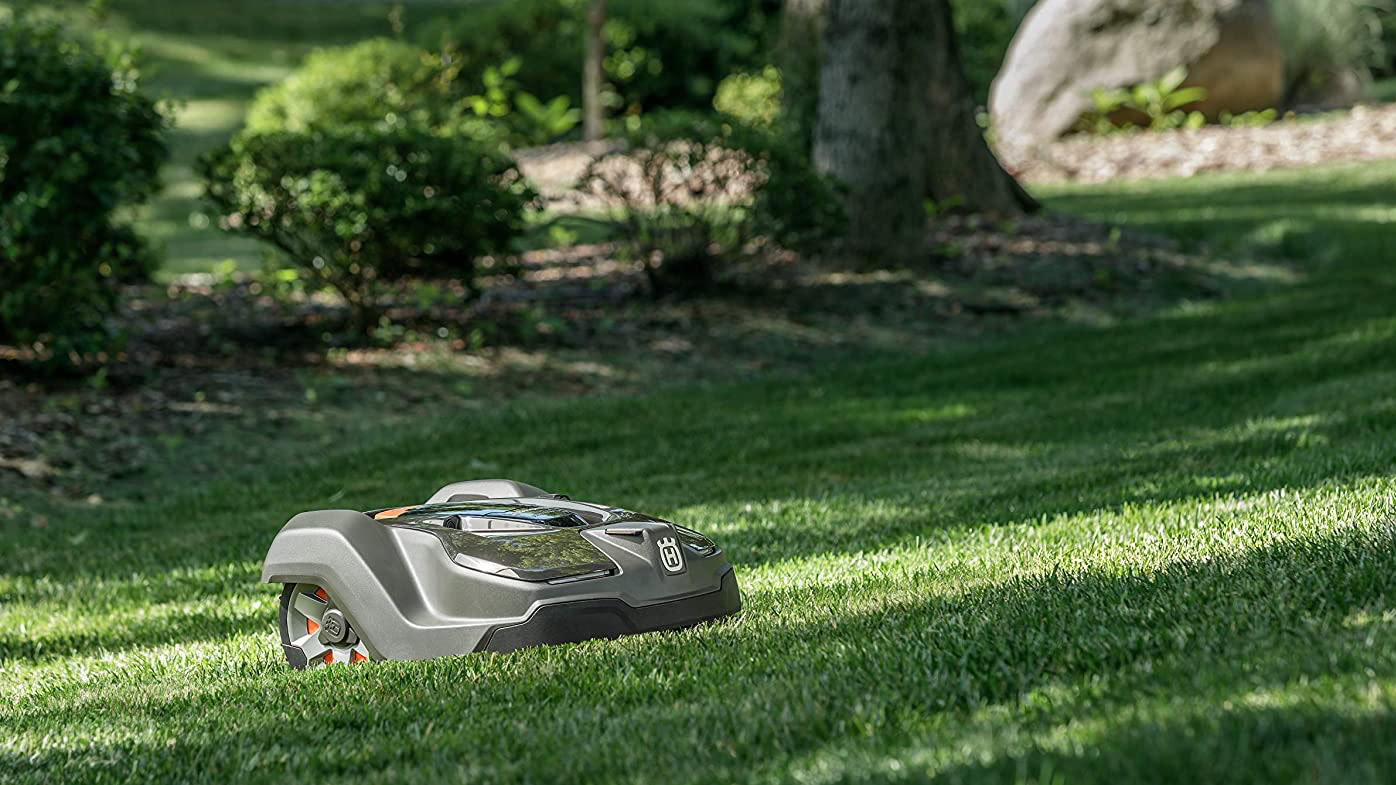
A: Without going too deep into specifics, I’d say that John Deere manufactures a lot of products including lawn mowers, construction equipment, and tractors, all of which are ripe for automation and autonomy.
Our advantage is that we don't have to account for all the chaos of the open road.
Our advantage is that these environments are homogenous enough that we can build very reliable vision systems, as we don’t have to account for all the chaos of the open road. In all of these applications, the machine can stop if anything happens, whereas on the open road, you have to be perfect. That means you can’t fail to detect something, and you also can’t detect something fake and stop a vehicle as that can cause an accident.
Q: Did you build the software you use from scratch or sourced it from somewhere? Also, has anyone ever approached you regarding licensing or buying your software?

A: The short answer is that we build our own software. The long answer is that, yes, we do lean on third-party suppliers and open-source libraries for some things, but the core of our software is all built in-house.
When it comes to licensing, we have been approached about our software, but that’s generally not John Deere’s business model. We’re more like Apple than Android in this sense. I wouldn’t say we’d never do it, but it’s definitely not the focus for us.
Q: What about your competitors? Have you seen anything from them that keeps you up at night?
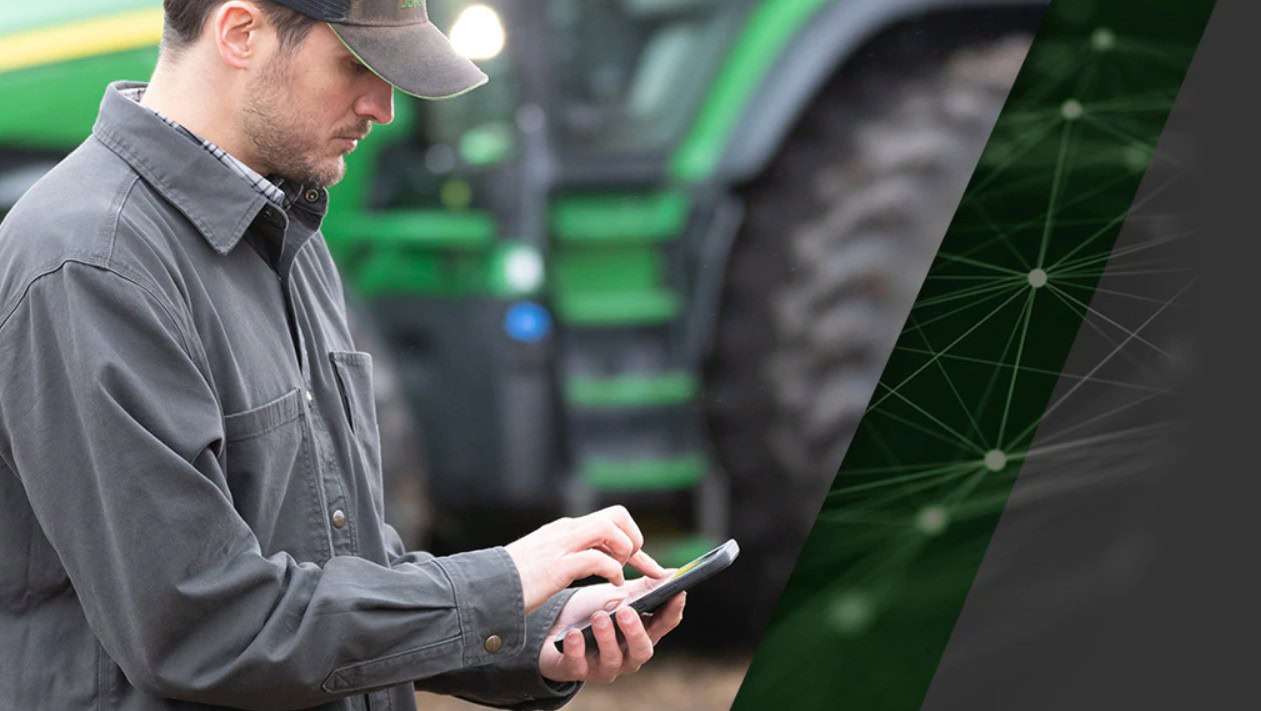
A: I’ll be completely honest — we’re just focused on running our playground. There will always be competition. There will always be startups. But what we have is a brand everybody trusts as well as a channel that supports it and allows us to ship our hard work into the world.
We can build this system as one company. And as you get into the details of making an autonomous machine, making it really safe and highly functional, requires you to talk to the person who made the transmission, to talk to the person who made the breaks on the tractor and the firmware, and it requires these these people are in the same room. So the thing I mainly look at is the setup.
There are some OEMs that are trying to do it themselves. I think that they’re going to need a talent base that’s outside of their traditional strongholds and so, and if they don’t have that, I’m not that concerned about them.
This is just a quick overview of the conversation we had with Willy Pell from Blue River Technology. If you want to learn more, check out the video at the top of the page.
